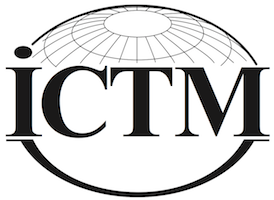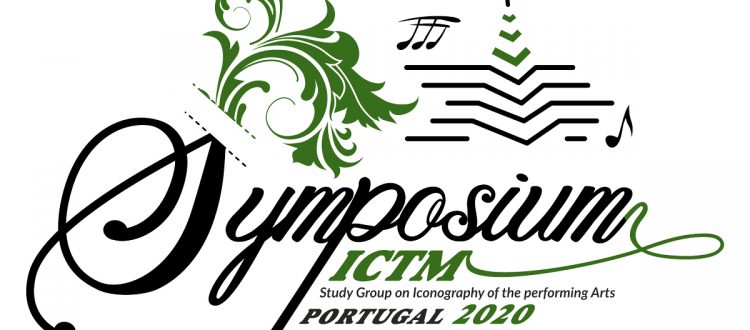2nd Call for Papers Symposium ICTM (Study Group on Iconography of the Performing Arts), “Objects and Images of Music in Public and Private Art Museums
 ICTM – Study Group on Iconography of the Performing Arts | Lisbon-Alpiarça | 7-9 October 2021
ICTM – Study Group on Iconography of the Performing Arts | Lisbon-Alpiarça | 7-9 October 2021
Art museums can be either private or public. A private museum is often the personal art collection of an individual who determines how the collection is exhibited and how the museum is run. Privately owned museums are on the rise and they are dramatically changing the cultural landscape. Previously inaccessible works will be made available to the public. In the absence of adequate state funding for the arts, the generosity of individuals can fill a significant gap in the cultural life of a country. In the case of the arts, collectors’ personal tastes are increasingly influencing the kind of art that is commissioned, exhibited and ultimately written into history. Free from the demands of representing a wider community, private collectors are able to pursue, and exhibit works that reflect their own interests. A public museum must follow legal and ethical standards, plus it must adhere to its mission statement. Many public museums are members of professional museum organizations and must follow their standards, too. One thing that history has shown us is that the art world benefits from a diverse range of voices and perspectives. Models of public-private partnership that foster knowledge-sharing are emerging, enabling new and established museums to learn from each other and from the past. We now need to ask how music fits the taste of public and private collections? What art objects related to music exist in public and private museums around the world? How are these objects studied and cataloged? How are they organized in terms of public exhibition? At the very least, art audiences need to be aware of shifts in the direction of collective music heritage. It is only by enhancing exchange between artists, institutions and their publics that we have a chance to secure a dynamic art “ecosystem” for the 21st century and beyond.
2020 is the Beethoven year. Beethoven’s 250th birthday is celebrated from 16 December 2019 to 17 December 2020, not only in the Beethoven city of Bonn (Germany), but all over the world.This Symposium joins the celebrations and pays homage to this composer by organizing a session on Beethoven’s themes. [Curator for Beethoven’s Session: Benedetta Saglietti].
Papers are invited concerning the place of music in the following events:
- Music iconography (painting, ceramics, sculpture, tapestry, poster, drawing, engraving, photography, tiles, digital media, etc.) as object of collection.
- Musical instruments in public and private collections
- Sound sources/Sound archives
- Images of music in advertising of art exhibitions (posters, videos, TV commercials, etc.)
- Objects and music images in private collection
- Objects and music images in large public collections
- Orientalism and music in art collections
- Music and Museology
- Curatorship of art exhibitions with music: past, present and perspectives of innovation in the future (round table)
- Beethoven (iconography, organology, museology, Beethoven’s 250th Birthday, and other free papers)
- Free themes in the area of Musical Iconography
Abstracts may be submitted before 12 April 2021 to: ictmsymposiumportugal@gmail.com.
Notification of decision to each applicant by Programme Committee: 26 April 2021
Info at https://ictmsymposiumportugal.wordpress.com/
There will be no conference registration fee. Symposium participants should be ICTM members in good standing.
Confirmed Keynote Speakers
Lydia Goehr, Columbia University in the City of New York, Department of Philosophy
Benedetta Saglietti (Beethoven Themes Curator)
Programme Committee
Zdravko Blažeković, Research Center for Music Iconography, New York
Cristina Santarelli, Istituto per i Beni Musicali in Piemonte, Turin
Luzia Aurora Rocha, Universidade NOVA de Lisboa
Luísa Cymbron, Universidade NOVA de Lisboa
Antonio BALDASSARRE, Hochschule Luzern: Musik
Cristina BORDAS IBAÑEZ, Universidad Complutense, Madrid

